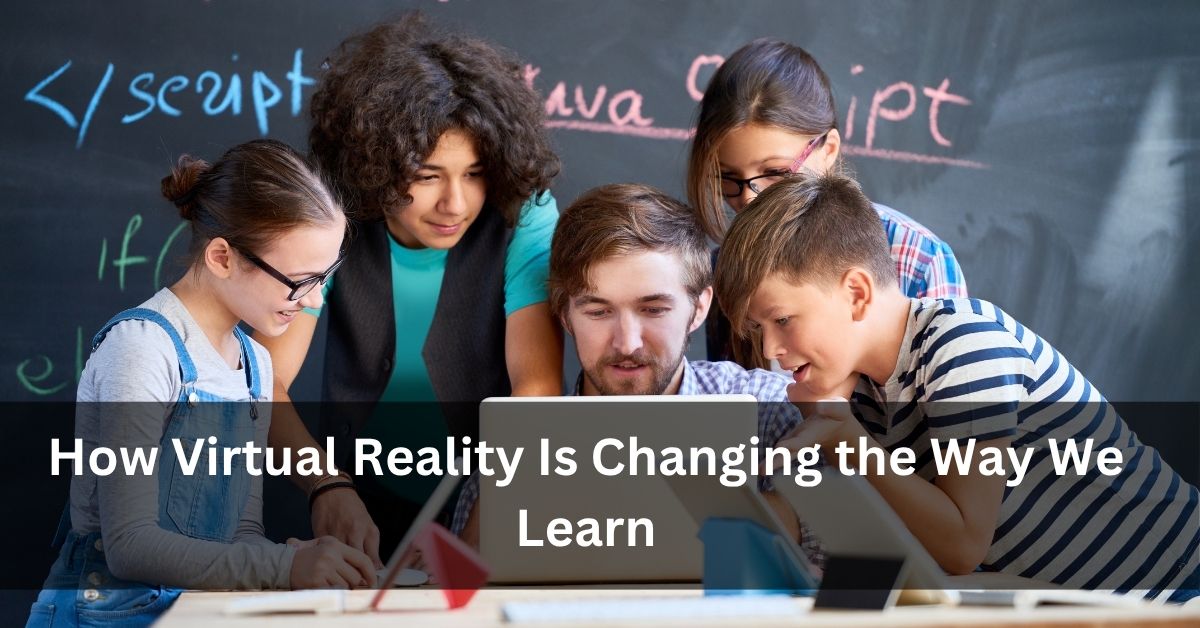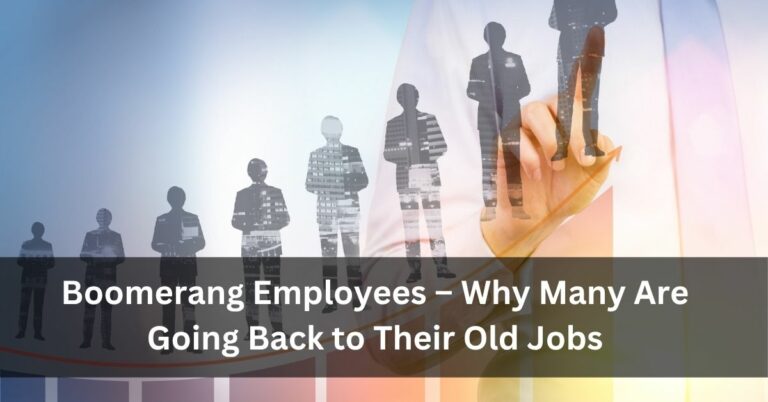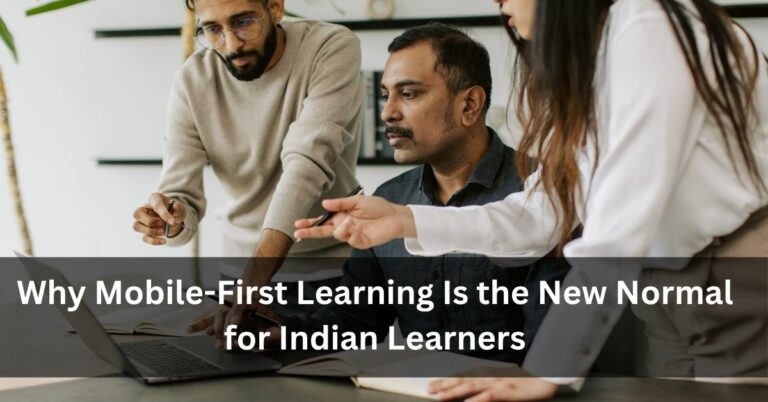How Virtual Reality Is Changing the Way We Learn
Online courses have come a long way in the last few years. In the early days, they were mostly about watching videos and taking quizzes. Now, in 2025, Virtual Reality (VR) is starting to change how we learn online.
Virtual Reality is a simple idea. Instead of just watching something on a screen, you wear a headset that makes you feel like you’re inside the topic you are studying. It is already being used in schools, colleges, and online learning platforms.
At Career Builders, we are seeing more questions from students and working professionals about VR. Many ask:
“Is VR in education really useful?”
This blog will explain the answer in a way that’s easy to understand.
What Is Virtual Reality in Online Courses?
VR in online courses means you are learning by being part of a computer-created world. For example:
- A science student can move around inside a cell and see how it works.
- A history student can take a virtual walk around the Red Fort.
- An engineering student can practice fixing a machine using 3D models.
All of this can happen sitting at home with just a VR headset and a good internet connection.
Why Are More Online Platforms Using VR?
1. Makes Learning Easier to Understand
Subjects like biology, chemistry, or geography can be hard to follow just by reading books. But when you can see and feel the topic in a 3D space, it becomes much simpler.
2. Gives Hands-On Practice Without Risk
Courses in medicine, engineering, and even soft skills training are using VR to help learners practice without any danger or cost. You can repeat the task as many times as needed until you get it right.
3. Helps Students Stay Focused
Let’s be honest—watching long videos can get boring. VR keeps students active. They are not just watching, they are doing. This keeps the mind alert and improves memory.
4. Makes Learning Equal for All
With VR, students in smaller towns can get the same learning as those in big cities. All they need is a headset and an internet connection. Career Builders supports this change and believes that quality education should reach everyone.
Where Can You Find VR Courses in India?
Many popular platforms are slowly adding VR-based lessons. Some examples include:
- BYJU’S – for science and maths through animated, interactive models.
- Coursera and edX – offer international courses with VR modules in medicine and engineering.
- EduVR and Skill-Lync – Indian startups focusing on VR labs and industrial training.
For the latest news on which platforms offer these features, keep checking the Online Courses section on Career Builders.
What Are the Challenges?
While VR learning sounds exciting, there are still some hurdles.
1. Expensive Headsets
A good VR headset costs around ₹15,000 to ₹30,000. This is not affordable for everyone, especially students.
2. Internet and Device Limits
VR needs fast internet and a device that can support 3D graphics. Many homes still don’t have these.
3. Teacher and Trainer Readiness
Not every teacher knows how to teach with VR tools. They need training too, so they can guide students properly.
At Career Builders, we believe that with time, these issues will be solved. As technology becomes cheaper and more common, more people will be able to use VR for learning.
What Indian Students and Workers Can Gain?
If you’re studying or working and thinking about learning new skills, here’s how VR can help:
- Practical job training: Courses in nursing, automotive repair, coding, and even customer service can now be done in virtual environments.
- Better interview preparation: Some online courses now include VR-based mock interviews.
- Understanding difficult subjects: You can walk around 3D versions of science labs or historical sites instead of just watching them on YouTube.
What’s Next for VR in Indian Education?
Over the next few years, more colleges and schools will try VR for teaching. The government may also add VR to classrooms under new education policies. Companies might use it to train freshers faster.
Some coaching centres are already planning to use VR to teach NEET, JEE, and even SSC topics through 3D models and virtual quizzes. This means better learning with fewer distractions.
To keep track of such updates, check Career Builders regularly. We cover these trends under the Online Courses section for Indian students and job seekers.
Final Words
Virtual Reality is not just for video games anymore. It’s becoming a strong part of education in 2025. It makes learning active, real, and easy to understand. While not everyone may be able to use it right now, the change has started. And it’s growing fast.
If you’re planning to learn something new this year, keep an eye on courses that include VR features. They can help you understand better, save time, and even make learning fun.
Stay connected with Career Builders to read more updates like this on Online Courses, career tips, resume advice, and job market changes. We bring you clear and simple content that helps you move forward in your learning and career.







